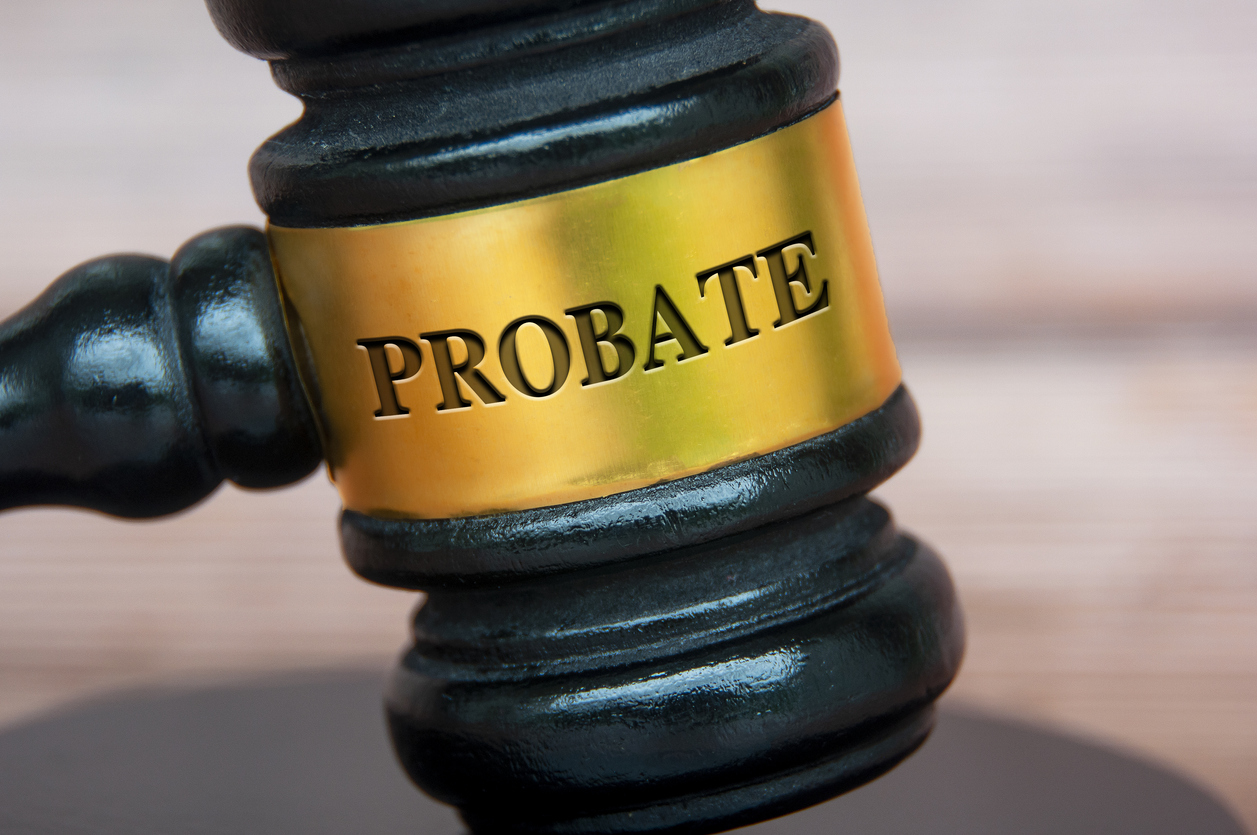Episode 3: Louisville probate attorney Scott Scheynost will explain how to start a probate claim in Jefferson County, Kentucky. He is licensed to practice throughout Kentucky, but there may be some variations in other counties. If your loved one has passed away, this is an important step you’ll need to take.
What Is Probate?
Probate is the legal process used to transfer assets to a person’s heirs. You will most likely need to hire a probate attorney to help with this process, including filing the proper court documents. In certain circumstances, there the probate process can be avoided. Listen to Episode 18 to see if you can dispense with probate. However, most of the time the probate process will be required.
It’s important to determine if the deceased person had a Will (“testate”). If they passed without a Will (“intestate”). The Will answers many important questions, including who will be appointed to act as the executor. That person will be empowered to ensure the assets are divided according to the Will’s provisions and that the estate is properly closed out.
If someone doesn’t have a will, there are statutes in Kentucky law that will determine how the assets and debts will be handled. The court will appoint an administrator, who will handle things, similar to how an executor would. The surviving spouse or children (natural born or adopted) will usually serve as the administrator. The issue is deciding which sibling will serve in this capacity.
Petition to Begin the Probate Process
The next step is to draft and file a petition with filing fee at the Probate Court to begin the probate process. This process requires time to get the proper signatures and other information.
The court will assign a hearing date for the petition. It’s actually possible for the attorney to handle this for the executor/administrator and the heirs. The hearing before the judge can be fairly quick.
Certificate of Qualification
At the hearing, the judge will issue a Certificate of Qualification for the executor/administrator. It documents the opening of the deceased’s estate and formally recognizes the executor/administrator. These official documents enable the transfer of certain assets (i.e. cars, bank funds, etc.).
The executor/administrator will also apply for an employee identification number for the estate. This will be needed for the executor/administrator to open a bank account for the estate, along with the other documents.
File an Inventory of the Estate
Scott explains that in Kentucky, the executor/administrator has a 60-window to file an inventory of the estate. This lists the assets of the estate. This information will be used by the creditors in determining if the estate will have enough funds to cover the debts.
Payment of Debts
The next step is to begin paying the debts owed by the deceased’s estate. There are laws determining the order in which the debts are to be paid. There needs to be a very good paper trail showing how the funds were handled via the estate checking account, including how and to whom they were dispersed.
Joint Accounts Excluded from the Estate
If the deceased person had a joint account with his/her spouse/partner, the funds would transfer outside of the estate. This is also true of certain assets, such as a home, as long as it was properly titled.
There are other items, such as pension plans, 401(k) plans and life insurance proceeds that will also pass to the named beneficiaries outside of the estate and thus, will not be part of the probate process.
Securing the Assets
This is an important responsibility of the executor/administrator. For instance, if a house is part of the estate, it must be properly secured to prevent vandalism, theft or other issues from arising (i.e. tornado, fire, etc.). It’s also important that the property insurance premiums be paid and that proper coverage remains intact. Check with your insurance company to make sure the insurance still covers the property.
During the probate process, it’s a good idea to make sure other assets, such as a car, continues to be covered by insurance and the value preserved. This would include jewelry and other personal property.
The executor/administrator has a fiduciary duty to ensure the securing of assets.
Distributing the Assets
In Kentucky, the estate should be open for a period of 6 months or longer. Once all of the debts have been paid, it’s time to begin distributing the assets. Again, detailed documentation of how the assets were distributed is required to be maintained.
The process of distributing the assets could take a year or longer, depending upon the complexity of the estate.
It’s also important to ensure all required taxes have been paid. There could be inheritance tax on the state and federal level, depending upon who actually received the proceeds of the estate.
Closing the Estate
Once all of the assets have been distributed, the heirs will sign an Informal Final Statement. This assumes everyone is satisfied with how the estate was handled. This form will be notarized and filed with the court. This closes the estate.
If there are disputes or other complications, as Formal Settlement will be required, including the submittal of the bank funds paper trail. A filing fee will be required. This will also take considerably extra time, before the estate can be closed.
From time to time other, unforeseen issues will develop. This can require additional time and effort to resolve the remaining issues.
It Costs You Nothing to Speak with Scott
Contact Scott Scheynost at (502) 937-5287. This podcast is meant to provide information and is not legal advice. Scott’s principal office is located at 7619 Dixie Highway, Louisville, KY 40258. Co-host Jim Ray is a non-attorney spokesperson. This is an advertisement.

